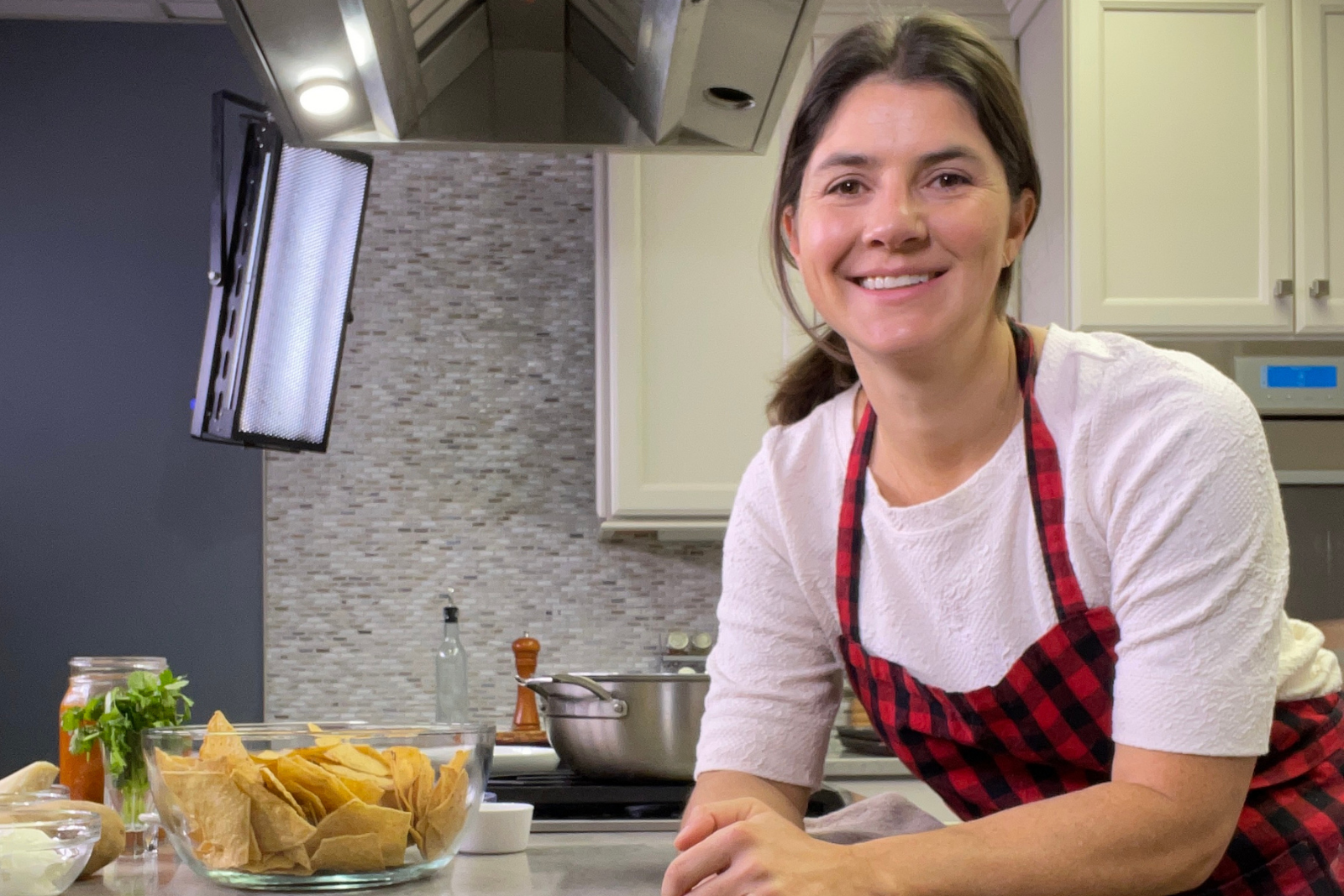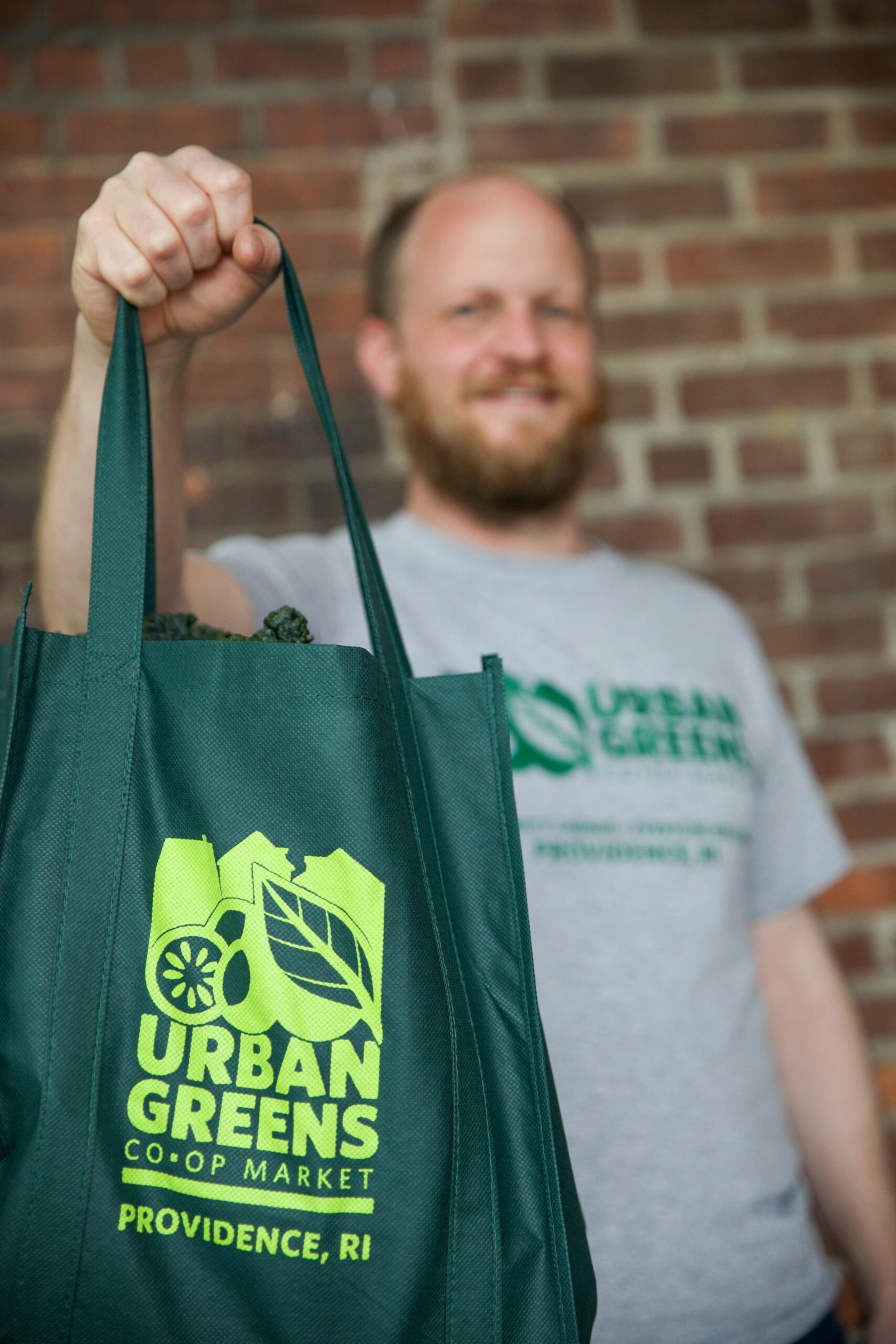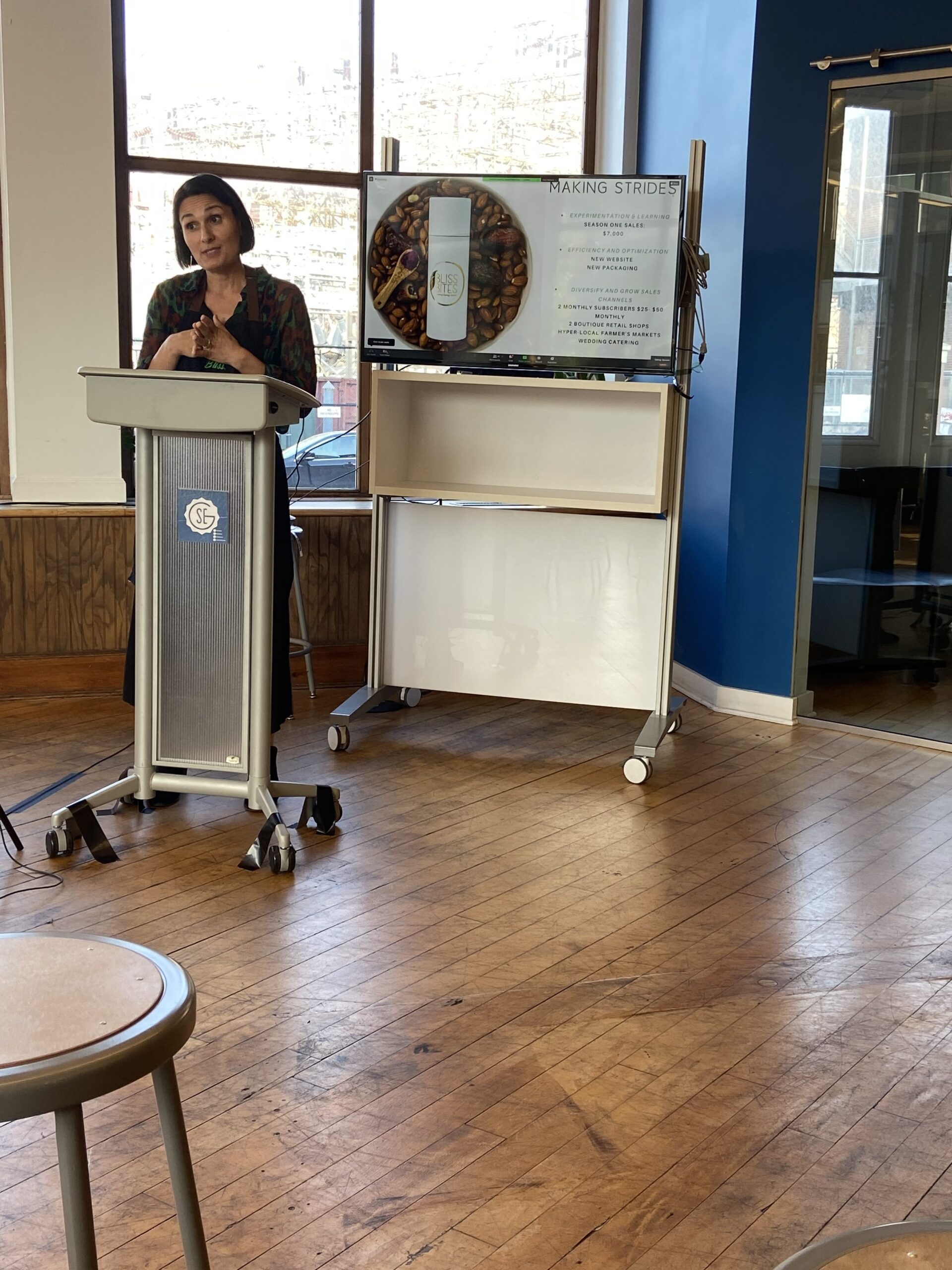At SEG, we always talk about the triple bottom line: People, Planet, Profit. It is what separates a social enterprise from a purely profit-based business. In the first module of one of SEG´s core programs, the Incubator, we talk about what social entrepreneurship means. Our CEO, Kelly Ramirez explains, “There is no universally accepted definition of social entrepreneurship. The important point is that it is a double or triple bottom line venture. You know, a venture that puts social mission first, puts people first, puts [the] planet first, but recognizes that to do that work, to…help our communities, you need to be profitable.”
There is no universally accepted definition of social entrepreneurship. The important point is that it is a double or triple bottom line venture.
Kelly Ramirez, CEO of Social Enterprise Greenhouse
Since it’s April and Earth Day is right around the corner, we wanted to focus on the second P, Planet. We compiled a list of ways to show a little kindness to the planet in which we live featuring the businesses and nonprofits in the SEG ecosystem that have our planet as one of their key bottom lines. We are learning from them each day and hope you can learn from them too!
Eat
- Bliss Bites, plant based power treats
- Project Pasta, plant based pasta goodness wholesale
- Plant City, a vegan marketplace home to New Burger, Double Zero, Cake Shop, and more
- Revive the Roots, CSA (community supported agriculture), a model that connects the producer and consumers in the food system more closely by allowing the consumer to subscribe to the harvest of a specific farm or group of farms
- Gilded Tomato, handcrafted pizza topped with as many local, natural, and/or organic vegetables as possible
- Mosaic Table, delicious food inspired by the Mediterranean and Middle Eastern flavors utilizing locally sourced ingredients
Shop Local
- The Heal Room, refill your home and beauty essentials
- Urban Greens Co-Op and Farm Fresh RI, local products with less packaging
- Soulita, vegan beauty products
- Green TenderFoot, small-batch, sustainably made personal care products
Compost Services
- Harvest Cycle, pedal-powered compost pick up
- Bootstrap, turnkey composting services
- Community Compost Depot, compost education and training
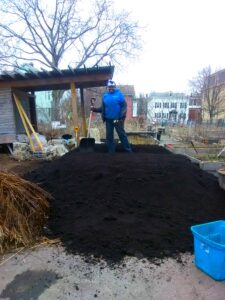
Change Your Habits at Home
- Ends+Stems, meal plan subscriptions, recipe eBook, and tips from Chef Alison focused on easy, low waste meals that are adult and kid-approved
- Epic Renewal, DIY compost & zero waste events
- PVD Gardenworks, home gardening & composting
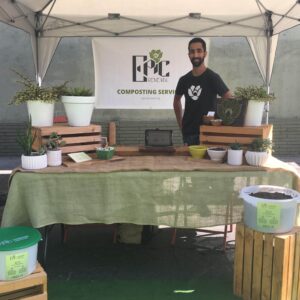
Explore & Get Involved
- Rhody Wild Sea Gardens, tour a sugar kelp farm
- Rhode Island Land Trust Council, explore the trails that the RILTC works to conserve
- RI Food Policy Council, promote a more equitable, economically vibrant, and environmentally sustainable food system in our state
- 15-Minute Field Trips, nature-based kids programming
- Hope’s Harvest, help glean edible food for our food-insecure communities
- PVD Streets, Pointz, Bike Newport RI, PVD Bike Collective, support safe biking to reduce carbon emissions
- ecoRI News, Environment Council of RI, keep updated on environmental justice news and events
FAQ
What is a plant-based diet?
Plant-based eating patterns focus on foods primarily from plants. This includes fruits, vegetables, nuts, seeds, oils, whole grains, legumes, and beans. It doesn’t necessarily mean that you are vegetarian or vegan, though can be defined as using and eating products exclusively made by plants.
What is composting?
Compost is the recycling of organic matter like food scraps and leaves into a natural fertilizer that enriches soil and reduces methane emissions by keeping food waste out of landfills.
What is gleaning?
Gleaning is the act of collecting excess fresh foods from farms, gardens, farmers markets, grocers, restaurants, state/county fairs, or any other sources in order to provide it to those in need.
What is sugar kelp?
Sugar kelp, or Saccharina latissima, is a brown marine algae native to Rhode Island waters. Like other marine algae, sugar kelp is not a plant and does not have roots, but rather a holdfast that stations it to the ground in the wild. As with all kelp, it is ecologically vital, being a primary producer and offers food and structure for other marine life.
What is a refill shop?
Refill shops tend to be small, independent stores that sell non-packaged personal-care items, such as shampoo, body wash and hand soap, as well as household products, such as laundry detergent and all-purpose cleaner. Shoppers bring their own containers or reusable containers can be purchased at the store.
What is CSA?
It stands for community supported agriculture and is a model that connects the producer and consumers in the food system more closely by allowing the consumer to subscribe to the harvest of a specific farm or group of farms
